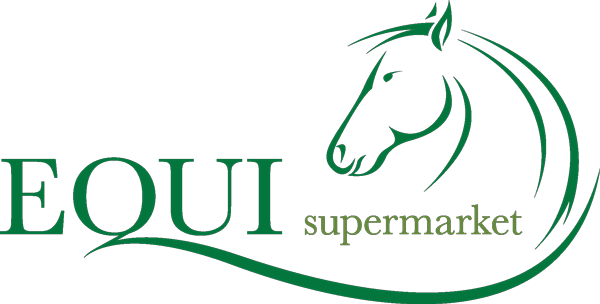The Grand National is the nation's most popular race. This historic, atmospheric and thrilling annual event attracts so much interest that many people who would never usually gamble like to take their chance at picking the winner. The race is long and arduous with challenging fences which can catch out even the most accomplished horse. It is a unique race and so it has never been easy to predict which horse will win. But if you fancy a flutter, you can give yourself a better chance of success by looking at the previous winners.
Weight Matters
The Grand National is a handicap. This means that the highest rated horses carry the most weight in the race. Weight is a particularly important factor in such a long race and the results over the years have shown how difficult it is for even the best horses to carry the top weight of 12 stone to victory. Indeed, Only the great Red Rum has managed this feat since 1936. The majority of the Grand National Winners have carried 11 stone or less and so looking at the weights is a good way of narrowing down your choices.
Age Matters
This is a race which requires great stamina. Most horses will not gain the stamina required until they are 9 years old and their strength begins to wain when they reach the age of 12. Most winners have been horses which were between these ages. Only one 13-year-old has ever won the race. Pick a horse which is aged between 9 and 12 to maximise your chances of success.
Track Record
The Grand National has a reputation for throwing up unlikely winners, but in truth, these are rare. Most of the winning horses have enjoyed successful careers before running at Aintree. Almost all had previously won a Group 1 race, accumulated significant prize money and won a race of 3 miles or longer.
The Going
If the ground is abnormally heavy or firm, you should factor this in when picking your horse. Heavy going favours the out and out stayers whereas firm ground hands the advantage to the speed merchants.
Making Your Choice
To pick your winner, examine the list of runners and cross off any horse carrying more than 11 stone. Then eliminate those older than 12 and younger than 9. The race does throw up the occasional winner at long odds but not often so cross of any horse with odds longer than 33-1. This will narrow down your potential choices to around 15 horses from the original 40. You should then examine their previous form and eliminate any horses which have not won over 3 miles. Then cross of any remaining horses that have not won a significant race. Choose two or three horses from the names left on your list. It is best to go for the highest rated animals that are left. You can check out their ratings online but their number in the race is indicative of their rating. The highest rated horse carries number one and the second highest number 2 etc.
Times Change
Until very recently this method of picking the winner yielded consistent success. The Grand National field would feature only a handful of potential winners. But in recent years the race has attracted a much higher quality field making the outcome of the race more difficult to predict. In addition, training techniques have improved and so 8-year-old horses can sometimes steal the show. In 2017 the Grand National was won by One For Arthur, an 8 year old carrying 10 stone 11lbs. Also in 2015 the race was won by Many Clouds, an 8-year-old carrying 11 stone 9lbs! So you never really know what is going to happen. Will the tried and tested system for picking the winner work this year or will a youngster throw a spanner in the works?Remember - please gamble responsibly.


